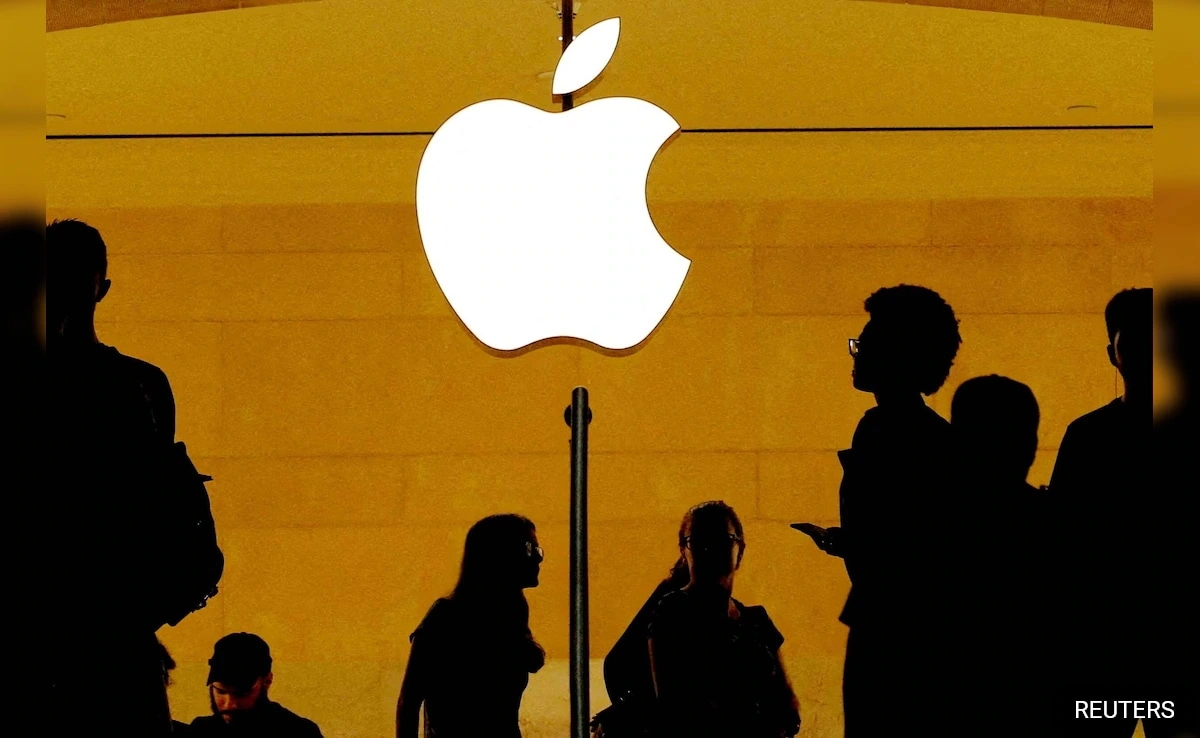Apple is reportedly working on groundbreaking technology that could enable users to control their iPhones using brain signals. This innovative development is part of Apple’s ongoing commitment to enhancing user experience through advanced technologies, potentially revolutionizing the way we interact with our devices. The implications of such technology are profound, opening up a myriad of possibilities for accessibility and convenience. By harnessing brain-computer interface (BCI) technology, users may soon be able to perform tasks on their iPhones without the need for physical interaction, making the devices more intuitive and responsive to individual needs.
The potential applications of this technology extend far beyond mere convenience. For individuals with disabilities or mobility challenges, controlling a smartphone through thought could significantly improve their quality of life. Tasks that many take for granted, such as sending messages, making calls, or even browsing the internet, could become accessible to those who struggle with traditional input methods. Apple’s focus on inclusivity and accessibility is well-documented, and this new development may further solidify the company’s position as a leader in creating technology that serves a diverse range of users.
While the concept of controlling devices with the mind might sound like science fiction, advancements in neuroscience and technology are making it increasingly feasible. Companies and researchers around the world are making strides in BCI, and Apple’s entry into this field could accelerate progress. This could lead to not only improved user interfaces for smartphones but also innovations in other areas such as virtual reality, gaming, and even healthcare. As Apple continues to explore the frontiers of technology, users may soon find themselves at the helm of their devices in ways previously thought impossible.
In conclusion, the prospect of using brain signals to control iPhones represents a significant leap forward in human-computer interaction. As Apple develops this technology, it is likely to spark both excitement and ethical discussions surrounding privacy, security, and the implications of merging human cognition with digital devices. The future of smartphone interaction may be on the brink of a transformation that could redefine our relationship with technology, making it more seamless and integrated into our everyday lives. As we await further developments from Apple, the anticipation for such a revolutionary change in how we communicate with our devices continues to grow.




